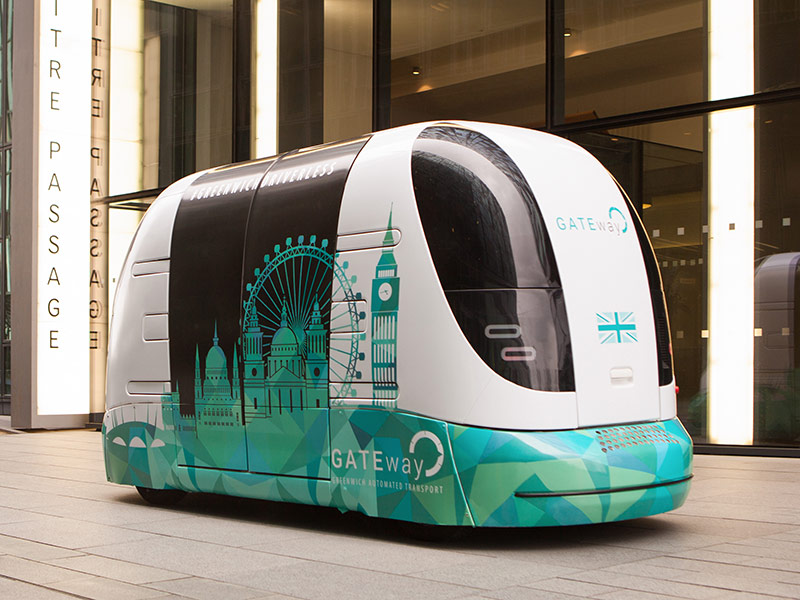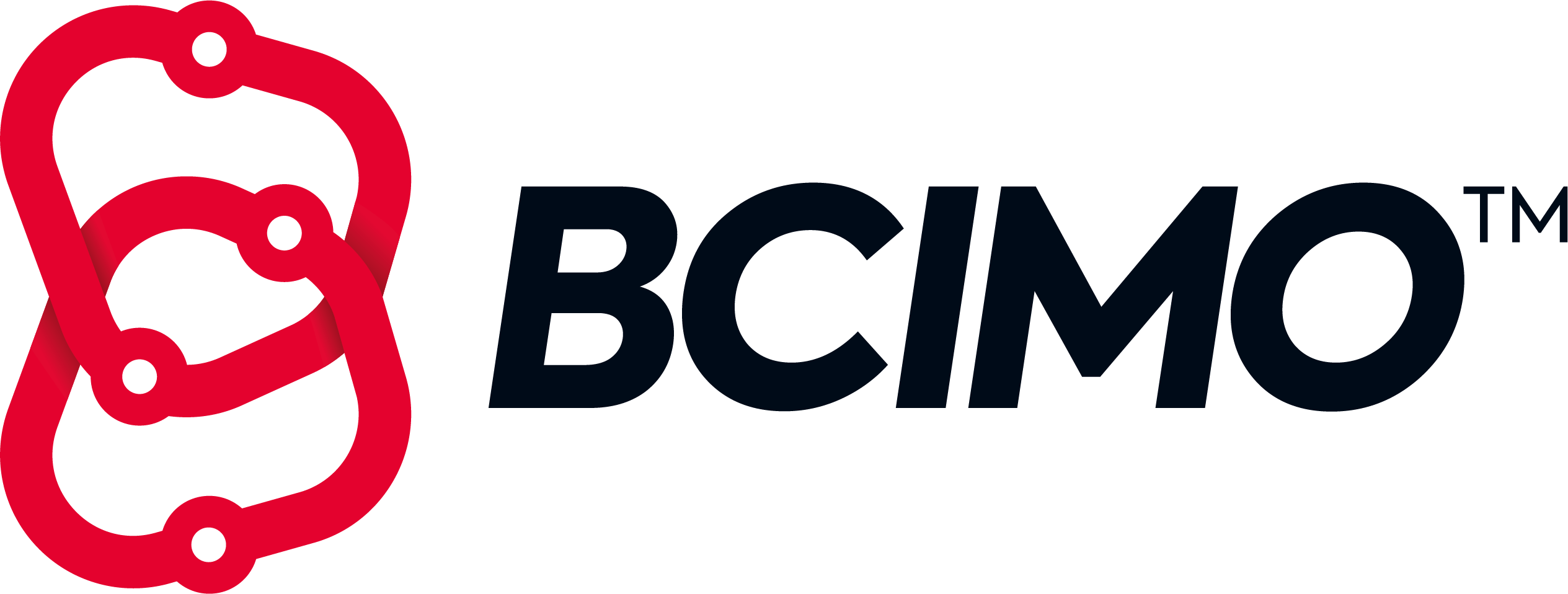The Black Country Innovative Manufacturing Organisation (BCIMO) wins collaborative research and development project looking at the use of 5G for Connected and Autonomous Trams.
 Among the technologies developing in parallel with Very Light Rail (VLR), 5G is an important and relevant example. How can VLR systems take advantage of the huge investment in 5G taking place across the UK?
Among the technologies developing in parallel with Very Light Rail (VLR), 5G is an important and relevant example. How can VLR systems take advantage of the huge investment in 5G taking place across the UK?
The Department for Culture, Media and Sport (DCMS) is responsible for driving 5G rollout and uptake at a national level and has delegated this to the WM5G body in the West Midlands. At the end of 2020, WM5G ran a competition offering funds to support 5G enabled R&D in transport applications, so BCIMO talked to the customer for the first VLR system, Coventry City Council, about how we can build a system with lower cost of operation, better safety, and improved reliability, using 5G. All these factors can help drive more implementations of VLR and so create a larger VLR industry, funders in the Black Country and Coventry would like to see.
A consortium of leading organisations in this field was built, including Black Country Autonomous Vehicle (AV) manufacturer Westfield, VLR R&D partner WMG, Coventry City Council and cyber security specialist Nexor. The consortium bid was successful, and the 5G-CAT (5G Connected Autonomous Tram) project began earlier this year.
The project will effectively ‘transplant’ the Westfield autonomous control system, proven over more than 9m km of testing, onto the Coventry VLR vehicle. Features being developed in addition to autonomous operation include:
- Enhanced door safety.
- Remote-driving capability (Level 4 Autonomy) – allowing a driver based in a shared control centre to deal with a vehicle, passengers, and road users where a problem arises.
- Vehicle-to-vehicle (V2V) communication, enabling vehicles to potentially:
- Operate in close convoy – a key attribute when cities need to increase capacity at specific areas on the network at times of high demand.
- Rendezvous at a specific place and time – including across different modes of transport (e.g. between VLR vehicle and Autonomous Pod) to enable integrated and seamless end-to-end journeys for passengers.
Some of these functions use quite expensive and powerful hardware, however, by using the very high-speed connections of 5G, this can be situated remotely rather than on each vehicle and move data, such as camera images, off-board for analysis. In this way, hardware costs can be shared among many vehicles, supporting an important line of development that BCIMO is pursuing to reduce the cost of VLR systems – shared services.
When the Coventry Very Light Rail vehicle arrives at Dudley in September for testing, it will already have Westfield’s sensors and computing equipment on board. Fitted around the site acceptance testing of the vehicle itself, integration testing of the 5G-CAT systems will also take place, culminating in a full system demonstration of autonomy in Q1 of 2022.

BCIMO is a not-for-profit Research and Technology Organisation (RTO) and operator of the Very Light Rail National Innovation Centre (VLRNIC), a unique, world-class centre for rail innovation based in Dudley in the West Midlands.

Google Map Location: BCIMO
what3words Address: ///shades.glue.tile
Sat Nav: DY1 4AL
Postal Address: BCIMO, Very Light Rail National Innovation Centre, Zoological Drive, Dudley. DY1 4AW
Email: info@bcimo.co.uk
Phone: 07769 586893
